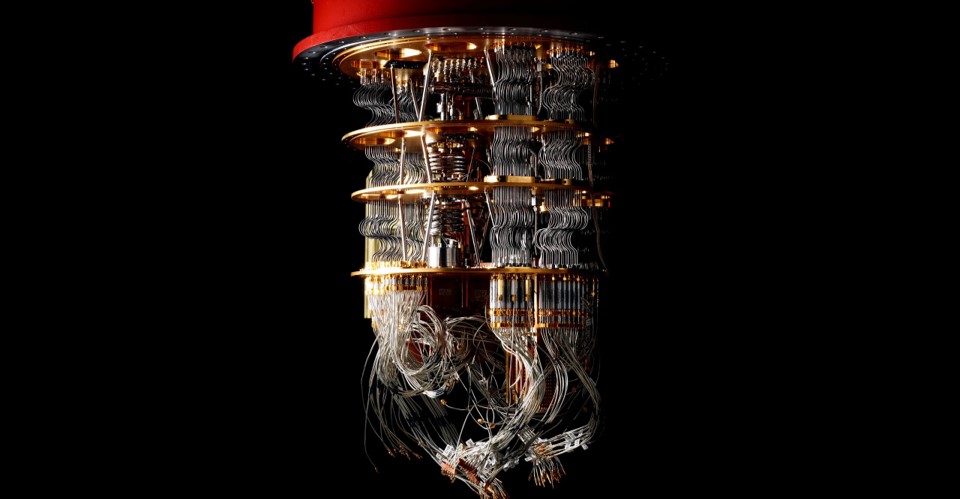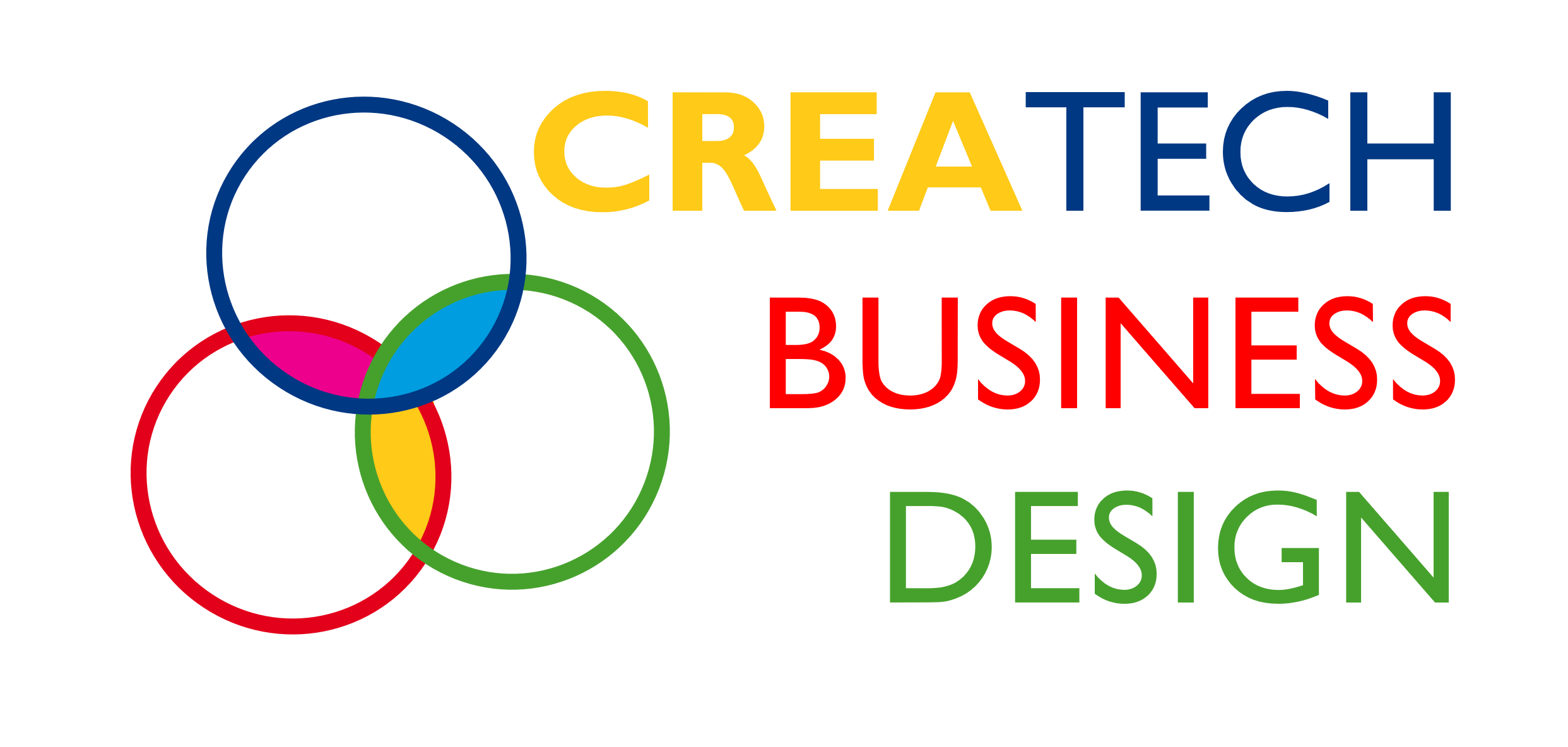The Quantum Future of Information Technology
Although they may not transform information technology as a whole yet, it seems that quantum computers are already detangling nature’s mysteries, according to Wired. The speakers of their ‘Quantum Pulse’ event explained simply the secret of quantum principles, namely superposition, entanglement and interference, notably Strangeworks, which aim at making this disruptive field accessible to everyone. Oxford Quantum Circuits, the European challenger to the most known superconducting qubits developed by Google and IBM, and Riverlane, its Operating System partner, have also introduced more ways to build those logical quantum bits (trapped ion, spin, cold atom or photon) among the UK quantum ecosystem.
 A cryostat at Google’s quantum computing lab near Santa Barbara, California designed to keep a quantum chip at temperatures close to absolute zero JASON KOXVOLD (source: Wired)
A cryostat at Google’s quantum computing lab near Santa Barbara, California designed to keep a quantum chip at temperatures close to absolute zero JASON KOXVOLD (source: Wired)
A decade ago, I was fascinated by the disruptive potential of the quantum cyber-communication solution developed by SeQureNet; it may have been too early since the startup has failed. Recent online events dedicated to quantum were a great opportunity to catch up with the new European quantum Tech rising stars members of the DeepTech cluster Systematic Paris Region. I have also realised that UK companies are now partnering with the French ICT leaders to develop quantum networks based on the quantum key distribution (QKD) for cryptography. Another promising application is the development of quantum sensors to improve measurements with a new European leader in photonics and quantum technologies.
During this new decade, the tech giants have to compete with startups that are building quantum computing solutions to solve complex simulation and optimisation problems applied to pharmaceuticals, finance or energy. In this way, Pasqal is deploying quantum processors on-demand above 100 qubits and towards the 1000 qubits threshold, which allow testing concrete use cases in partnership with quantum companies and multinational end-users. The European information technology industry is also preparing for a quantum future, building the next generation of cryptography and electronics thanks to collaborative projects and leveraging ESA’s agenda 2025 to deploy quantum communication in space.
In addition to Wired’s content, French speakers can listen to the podcast Decode quantum to learn more about the discoveries of the 3 quantum scientists who have understood the power of entanglement almost 40 years ago. Since their initial experiments, 3 French Nobel laureates have accelerated the second quantum revolution, which may one day create bio-inspired artificial intelligence based on quantum cognition and neuromorphic computing.
